People often ask whether I am concerned about inflation, deflation, peak oil, or a global financial meltdown. My answer is as follows.
The future is something to be created, rather than feared. Allocating our time, networks, and resources to deal with a variety of high-risk scenarios frees us to become proactive and to build positive futures instead of negative ones. I like to understand what these scenarios mean in terms of managing risk and to know how we can succeed within all possible futures.
But my business is investment, not prophecy.
The risk scenario I weight most heavily is not listed above. I call it the “Slow Burn.”
The “slow burn” is a political culture and economy managed through principles of economic warfare in which insiders systematically protect themselves and centralize control and ownership of resources by using:
- Central banks
- Currency and lending systems
- Taxation
- Regulatory and enforcement policies
- Controlled media and entertainment
Insiders use these means to drain the time, resources, and life of people on the outside. Although insider cartels compete and jockey for power, they are able to settle their squabbles by increasing control and draining everyone and everything else. This is why the bubble economy continues to deplete the real economy. It is likely the reason why Dick Cheney said, “Deficits don’t matter.”
In a slow burn scenario, it is possible to prop up trillions of dollars in financial asset values by systematically arranging subsidies that ultimately liquidate life. This is what “managing” markets really means: de-populating people and places to maintain phony values created and necessitated by derivative bets.
The reason why it is difficult for sophisticated financial people to discern that a slow burn is taking place is because we have not yet collectively mastered the operational detail of how it is implemented. This is an extremely important subject.
One of the most important aspects of the Paulson Plan to re-engineer US financial regulation is the assertion of complete control of payment systems by the Federal Reserve and gaining access to the data of essentially any financial institution. Combined with 1) the ability to print money and 2) digital communication payment and surveillance technology (satellite), this will consolidate greater power into fewer hands than at any time in recorded history.
As Nicholas Negroponte said, “In a digital age, data about money is worth more than money.”









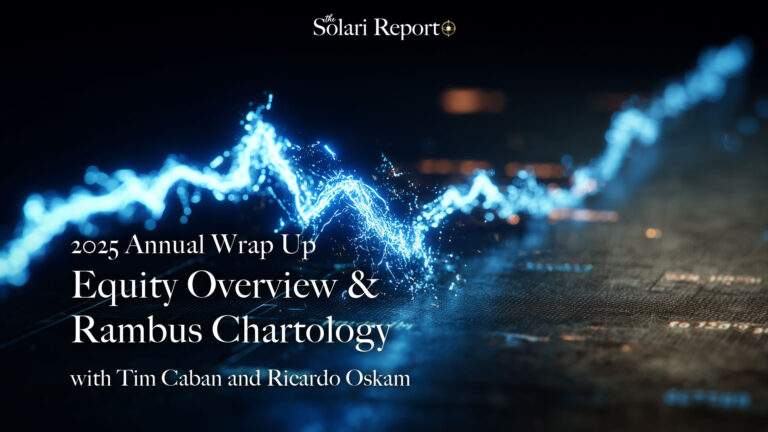
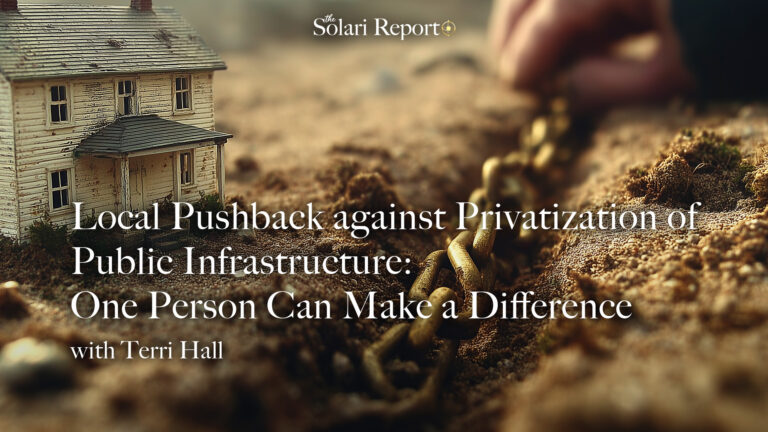


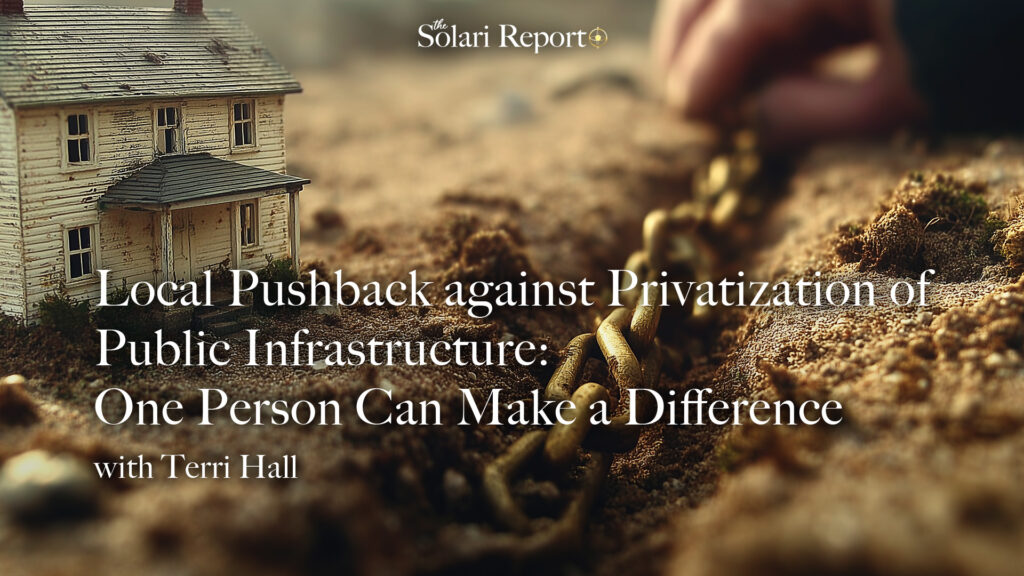














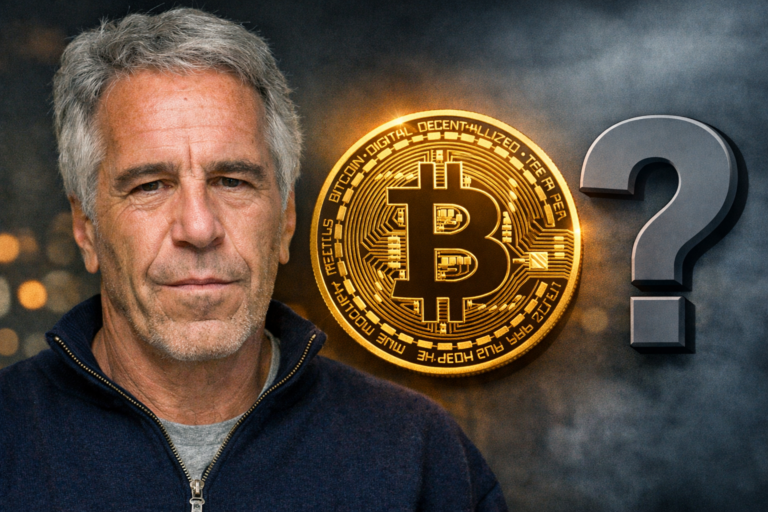
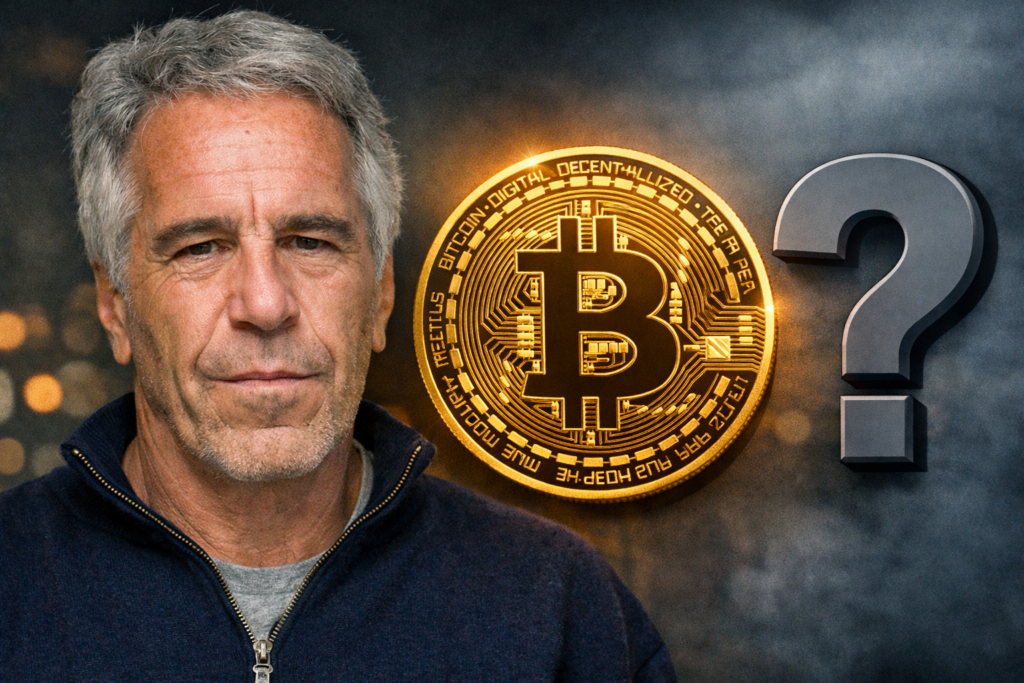

























































































I come daily to the CAF facility to get my bailout.
…
I think Catherine’s remarks here are the wisest I’ve so far read on the meltdown, or as she says, the slow burn. The big boyz plan to survive and don’t care how many of the little folk get crushed. The little folk are slobs, an Inferior race of people; the hell with them. When are we going to get a new financial system, that is, the one described by Zarlenga at the American Monetary Institute where the government (new people of course) issues money interest free? My guess is only after some sort of awful catastrophe. It’s in the air.
Sooo, what the heck do we do? Now big bank & brokers apparently are making money off of the debt packages that they bundled and “jammed” by buying them back at cents on the dollar and using them for collateral along with commercial paper to get CASH from the new Fed facilities. Treasury auctions appear to be off the chart successful over the last several weeks. Hedge funds are even trying to short the entire Nation of Iceland! What the hell is going on when we have orchestrated international treasury buying and Nations getting shorted?
These people just won’t stop. Also we have disparate articles from multiple sources indicating that something is majorly going down in the Middle East.
In the meantime people are distracted with “carbon footprint”.
Dammit something has got to give. Regrettably Kunstler, Panzner and Schiff will all be correct before people start to wise up. Even the Dalai Lama is being used as a Pawn to goad and embarrass Hu.
I greatly appreciate Catherine’s positive approach to problems; let’s solve them. On September 21, 490 B.C. the 9,000 citizen-soldiers of Athens rallied together to withstand a far better equipped Persian army of 26,000 in a fight for freedom at the Battle of Marathon. The key in our battle is to understand the deceptive nature of the attack and the type of weapons used. Catherine shines a lot of light on both of these. (A BIG THANK YOU!) Others are at work at this as well. Although it may not be clear to all of us what to do today about these matters here is one thing we can all commit to do that will help. Commit to looking into something new each day either about the problems we face or the solutions we can implement. In a year you will have seen 365 new things that will be helpful in preserving liberty and life. Even if we obtain half of that we are moving in the right direction.
“A popular government without popular information or the means of acquiring it, is but a Prologue to Farce, or a Tragedy, or perhaps both. Knowledge will forever govern ignorance and a people who mean to be their own Governors, must arm themselves with the power which knowledge gives.” ~ James Madison
I think the biggest hurdle is the populace’s general ignorance of the financial system. We live in a sound bite world with most people’s eyes glazing over after 3 seconds. I too appreciate all of Catherine’s teaching and wisdom. I have come to realize that your suggestion of learning solutions daily Robert has more power than it may seem on the surface. I have been following Catherine for years and only now am I being asked for information and or solutions (even though I was talking about our coming financial woes ad nauseum). I’m glad I have been plugging away at it for a while so I can simplify and make things concise. I also must say hanging around Ron Paul supporters has been the most refreshing for financial literacy conversations, you don’t even have to be supporting Ron to enjoy their company. I’m going to continue with my daily homework, thanks for the suggestion